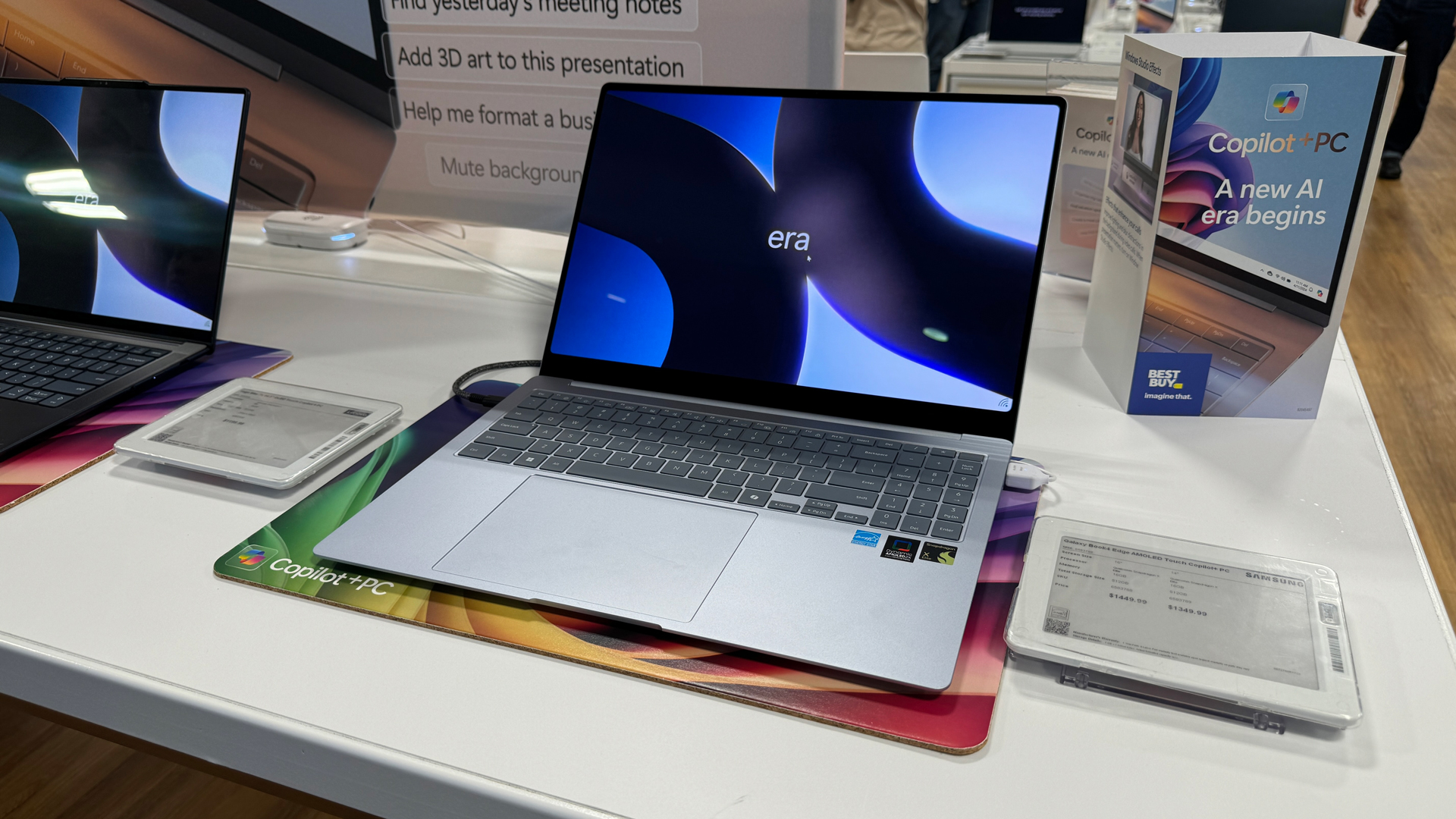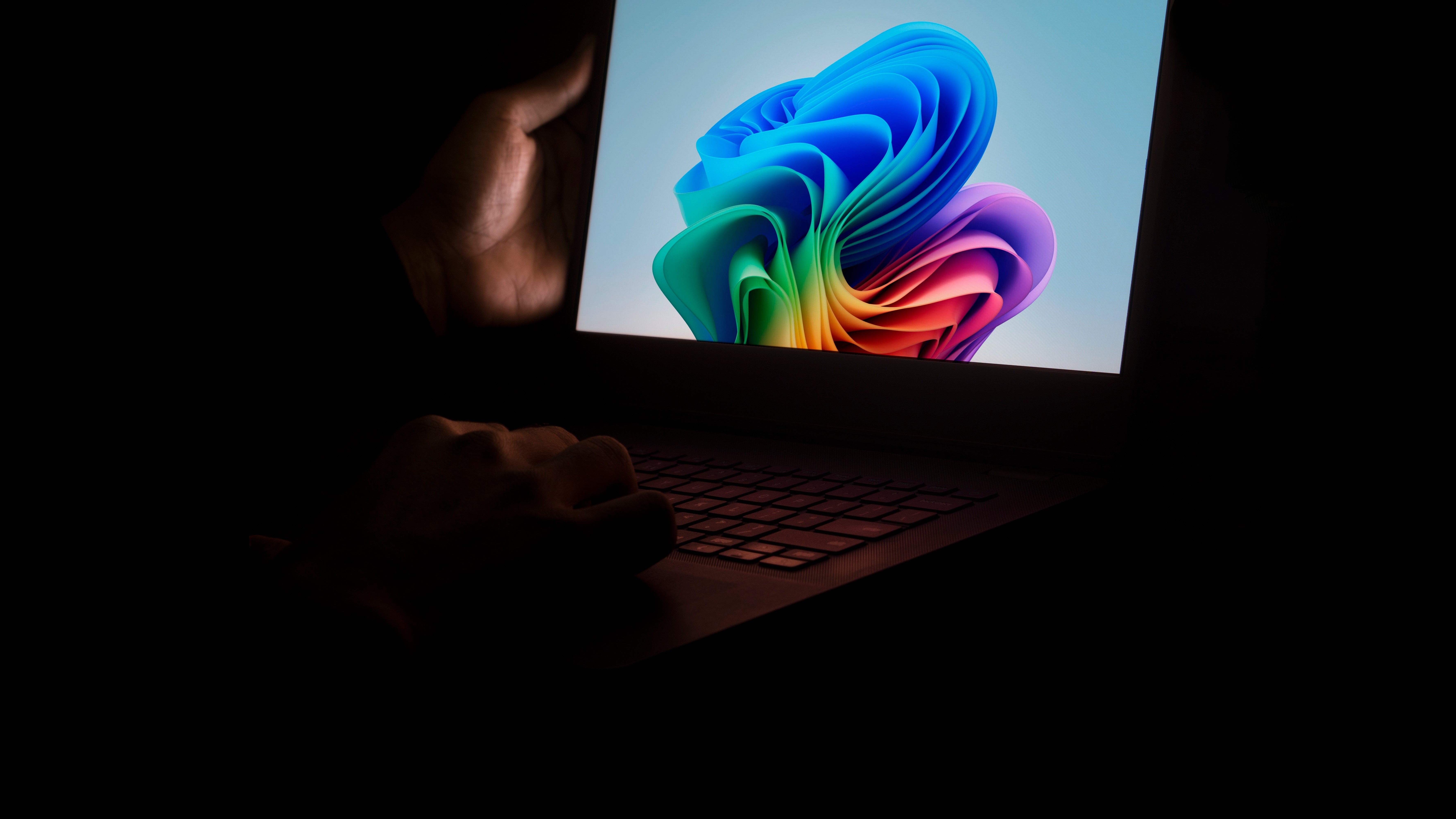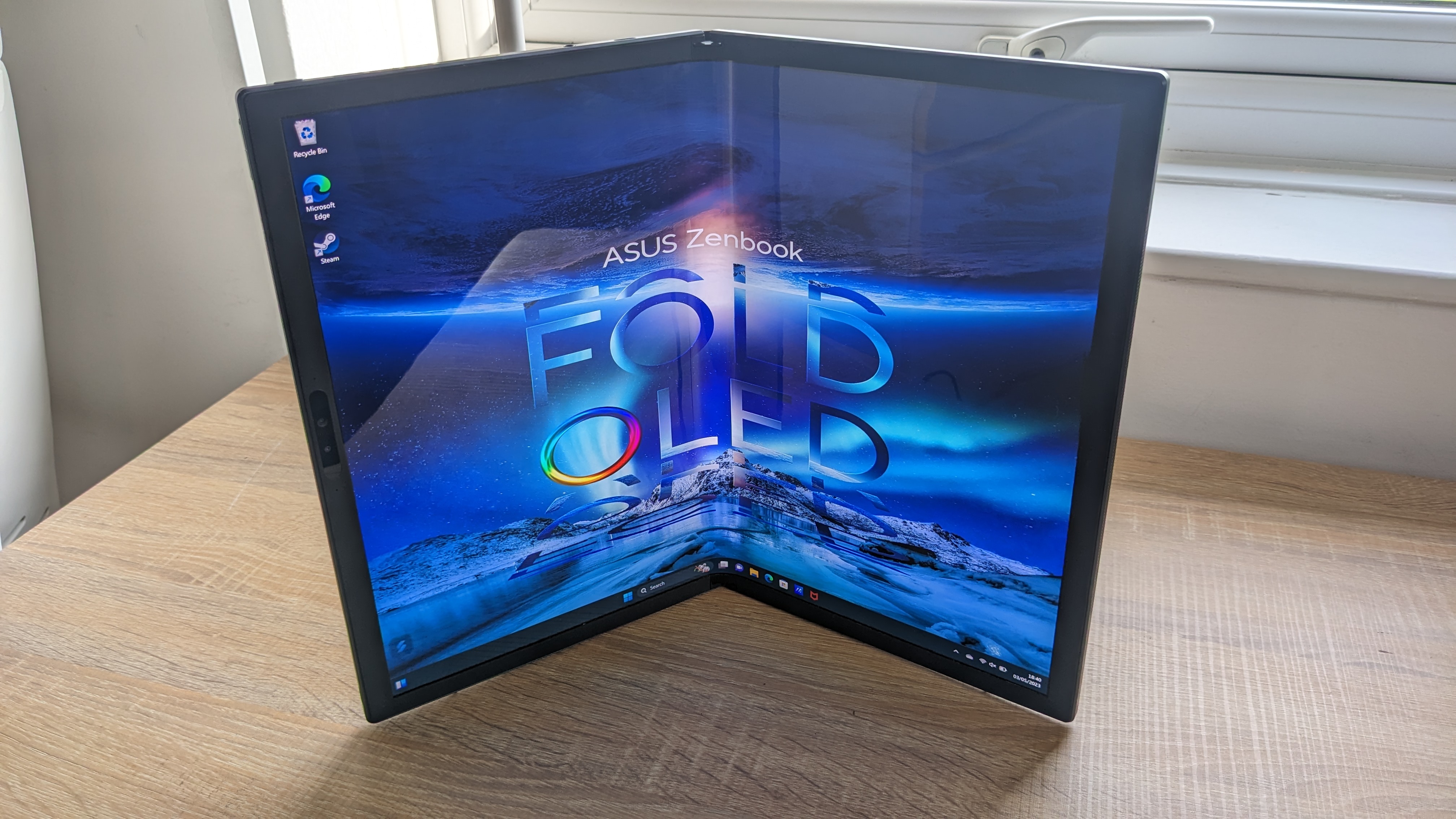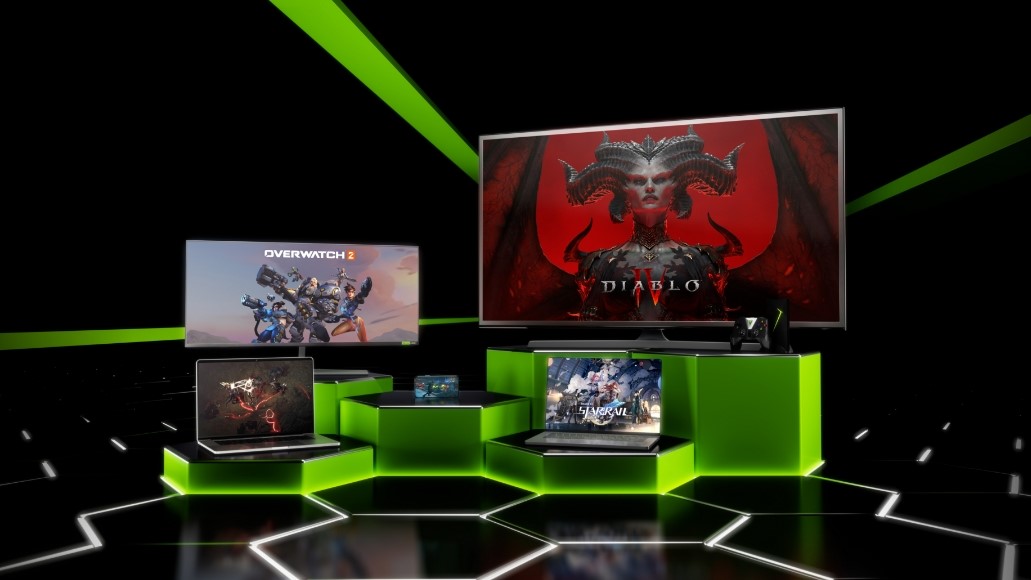
As 2024 draws to a close, it’s hard not to marvel at how much the tech landscape has evolved over the past year.
From the rise of AI-powered PCs redefining how we interact with our machines to folding screens becoming more than just a gimmick, and Cloud gaming cementing its place as a mainstream gaming solution, 2024 has been a whirlwind of innovation and transformation.
AI PCs: Smarter, faster, more adaptive

Artificial intelligence has been quietly infiltrating our devices for years, but 2024 saw the rise of the AI PC as a flagship product.
Companies like Microsoft and Intel unveiled devices that adapt to user behavior, optimize workflows, and deliver predictive performance enhancements. Microsoft’s Copilot+ PCs boast neural processing units (NPUs) with 45 trillion operations per second (TOPS), accelerating AI and other machine learning tasks.
This allows users to leverage features like Recall, providing a smoother user experience. These machines have pushed productivity to new heights by anticipating user needs, automating repetitive tasks, and dynamically allocating resources for seamless performance.
Imagine a computer that can adjust its settings based on the apps you use, the time of day, and so on. AI PCs have brought a level of personalization that feels almost intuitive. However, this innovation doesn’t come without its concerns.
Privacy remains a hot topic, as these devices rely heavily on data collection to function effectively. Additionally, the high price tags associated with AI PCs mean they’re still a luxury for many, such as the Surface Pro 11th Edition which has a starting price of $899.99.
Folding screens: From niche to necessity

When folding screens first hit the market, they were met with a certain level of skepticism - another piece of gimmicky tech, almost. Fast forward to 2024, and these devices have evolved into practical tools for productivity and entertainment.
Brands like Samsung and Huawei have paved the way with devices like the Galaxy Z Fold 6 and the Huawei Mate X5, delivering innovative designs that offer a tablet-like experience in the shape of a smartphone. Even laptops like the Asus ZenBook Fold have embraced this trend, showcasing how folding screens can enhance portability and multitasking.
The versatility of folding screens is undoubtedly their biggest draw. Whether you’re catching up on work, streaming content, or gaming, these devices adapt to your needs with ease. Their space efficiency makes them great for commuters and multitaskers alike, while their sleek designs continue to turn heads.
However, durability is a concern for many users. With regular use, foldable screens are prone to wear and tear. Even the most advanced folding screens are vulnerable to this, which is a consideration you’d need to weigh up, especially given their high cost.
Cloud gaming: The future of play

Gaming has undergone quite a shift in 2024, with Cloud gaming emerging as the go-to option for many gamers. Services like Xbox Cloud Gaming, GeForce NOW, and PlayStation’s Project Q have changed the way we access high-quality games, making it possible to play AAA titles on virtually any device with an internet connection.
Cloud gaming is paving the way for all gamers to enjoy the latest games without the barrier of expensive hardware. As long as you have a subscription to the service, have purchased the games you want to play (in most cases) and meet the minimum system/internet requirements, you’re good to go.
Cloud gaming’s instant access and lack of lengthy downloads or updates have made it a hit with gamers seeking convenience. There’s also the eco-friendly aspect of Cloud gaming which makes it attractive to many, reducing the need for physical media and hardware. However, the reliance on a stable, high-speed internet connection could pose issues for those in areas with poor network infrastructure. Latency issues also persist, particularly in competitive gaming scenarios, reminding us that this technology is still a work in progress.
Looking ahead to 2025
If 2024 has taught us anything, it’s that technology moves fast, and it’s only getting faster. As we look ahead, these trends are expected to evolve even further.
AI PCs will likely become more affordable and integrated into everyday life, folding screens could achieve greater durability and lower price points, making them accessible to more users, and Cloud gaming services will continue to improve, addressing latency issues and expanding their libraries.







